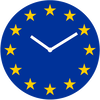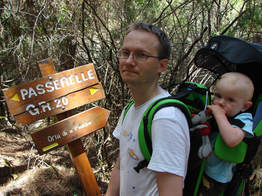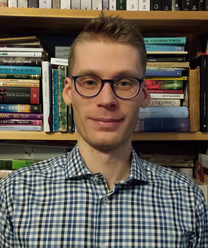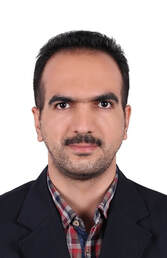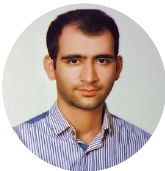Nicolaus Copernicus University
|
The Nicolaus Copernicus University's cold atoms group brings world class expertise in both experimental and theoretical atomic physics. The main areas of research cover ultra-cold and degenerate matter, Bose-Einstein condensation, quantum states engineering, ion traps, ultra-cold molecules, cavity ring-down spectroscopy, optical frequency combs and optical lattice atomic clocks. One of the key activities at NCU is the development and operation of a system of two optical lattice strontium atomic clocks at KL FAMO. Within iqClock the Torun group will collaborate with the Amsterdam, Vienna and Innsbruck groups to build a continuously operating superradiant frequency standard, operating on the Sr clock transition.
We do have PhD and postdoc positions. Group webpage |
Team members
|
Michal Zawada is the Associate Professor in UMK and the PI of the ultra-cold matter experimental group in KL FAMO. His group, inter alia, designed and build the first Bose-Einstein condensate set-up, created the first ultra-cold molecules, and designed and build the first two Optical Lattice Clocks in Poland. His group reported the most accurate, at that time absolute, measurement of the 1S0 − 3P0 clock transition in neutral 88Sr made over the 330 km-long stabilized fibre optic link. In parallel, his group develops and operates the dual species HgRb magneto-optical trap. More recently, his group is focused on the study of positive detection of dark matter with the optical atomic clock, and on improving limits on the Higgs-portal coupling between dark scalars particles, topological defects and Standard Model matter. His group holds the 2017 Polish Ministry of Science’s Award.
Contact: zawada@fizyka.umk.pl |
|
Sławomir Bilicki is an assistant professor in UMK. He finished his PhD at Paris VI, LNE-SYRTE where he was developing Sr optical lattice clocks under supervision of Sébastien Bize and Jérôme Lodewyck. During his studies, he participated in the first international remote comparison of optical clocks using fiber links and the first contribution to Temps Atomique International (TAI) with optical clocks. He has been Marie Skłodowska-Curie fellow. Since 2018, he has jointed the team of Michał Zawada in KL FAMO and he has supported background collisions shift studies in optical clocks and has participated in the searching of dark matter by using network of optical clocks. In leisure time he enjoys football and works in his garden.
Mehrdad Zarei works as Early-Stage Researcher 7 on the topic of 'Autonomous frequency stabilisations in a superradiant clock'. Omid Vartehparvar works as Early-Stage Researcher 8 on the topic 'moving from a superradiant laser to a frequency standard'. |
